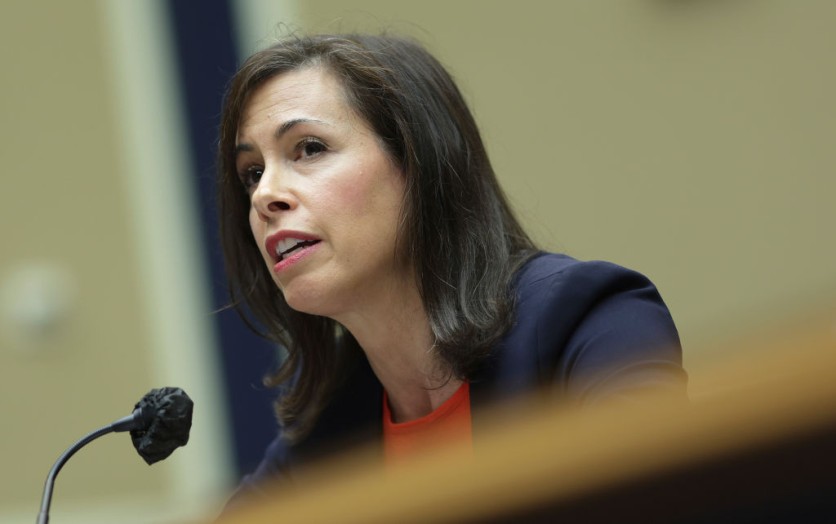Voice service providers have been ordered by the FCC to block the global gateway provider One Eye for enabling robocall scams, such as institution impersonation and bogus orders in calls to deceive consumers.

Blocking One Eye
The United States Federal Communications Commission issued today its first "RoboBlocking" order against global gateway provider One Eye. According to a report from Engadget, the company serves as an "on-ramp" to local networks from outside of the country. The issuance of the order comes after repeated warnings from the company for enabling robocall scams.
This is an effort from FCC as the Biden administration has been focusing on increasing its ability to enforce robocalls. FCC Chairwoman Jessica Rosenworcel stated, "We can and will continue to shut off providers that help scammers. Because these junk calls are not just annoying, they are illegal, and facilitating them deserves serious consequences."
The agency stated that One Eye has been given multiple opportunities to stop facilitating illegal robocalls prior to this order. FCC Enforcement Bureau Chief Loyaan Egal said that they have built a fair and transparent process as they can essentially shut down access to US communications networks by companies like these as they target consumers with scams.
CNET reported that these actions implemented by the agency are a demonstration of another cutting-edge tool in their robocall enforcement options, which represents a landmark date in their efforts to protect consumers. TeleCompetitor reported the steps the agency took in the matter before the issuance of the order.
Multiple Opportunities
The agency noted on its order that this issue started when the company's predecessor called PZ/Ilum Telecommunication transmitted illegal robocalls in October 2021, along with Duratel and Primo Dialler.
During that time, Telecompetitor reported that the companies were alleged to originate substantial numbers of calls, posing as the Department of Homeland Security, the Social Security Administration, or the Federal Reserve.
This led to sending a cease-and-desist letter to One Eye in February this year to warn that its rebranding would not help the company to avoid consequences. A K4 notice was also issued by the agency, encouraging other providers to not carry the company's traffic. In April, FCC sent an initial determination letter, which is another step toward the block that has been issued today.
No confirmation from the FCC regarding the location of One Eye's headquarters but the February cease-and-desist letter was addressed to a registered LLC in Delaware, which might only be a US branch of a global operation based in a different location. Rosenworcel added that what's left of this company will now have a place in robocall history and the agency.

ⓒ 2025 TECHTIMES.com All rights reserved. Do not reproduce without permission.




